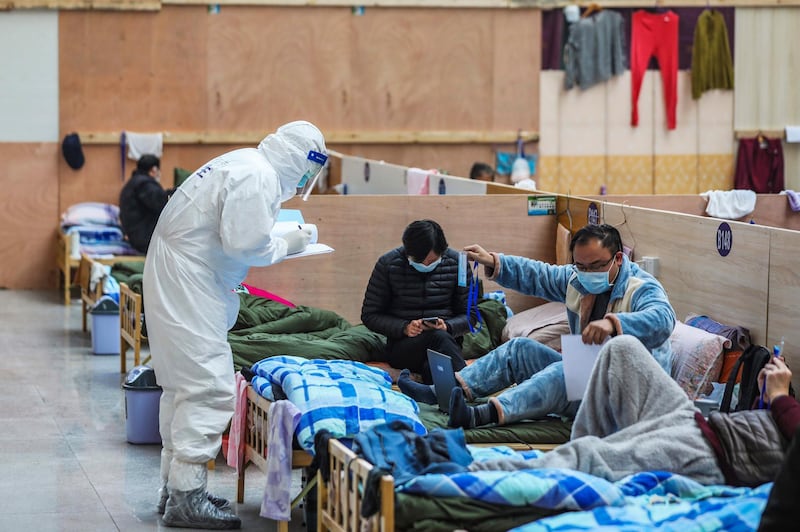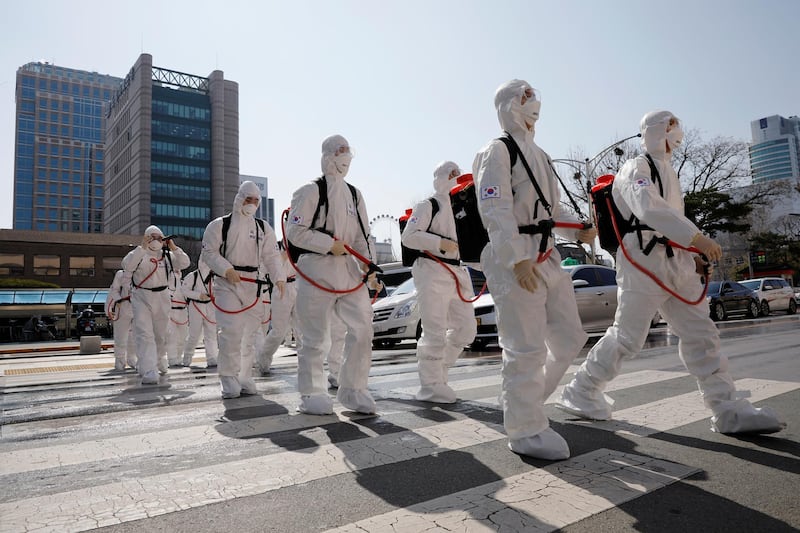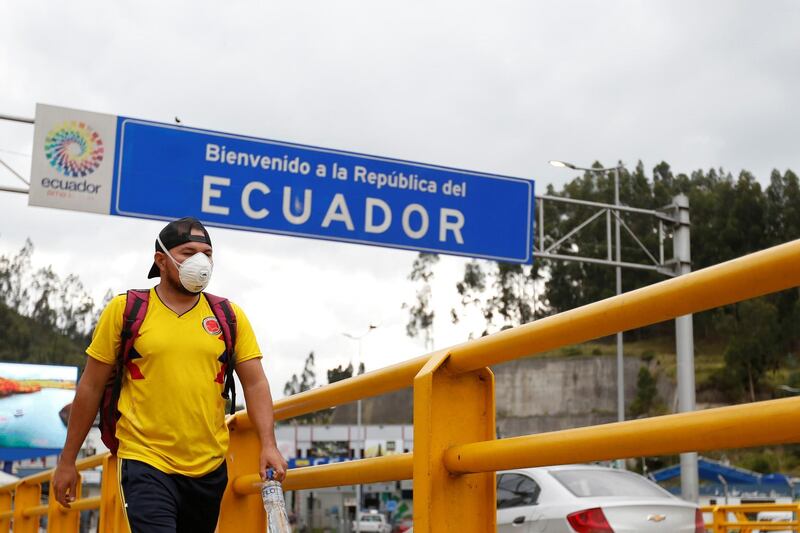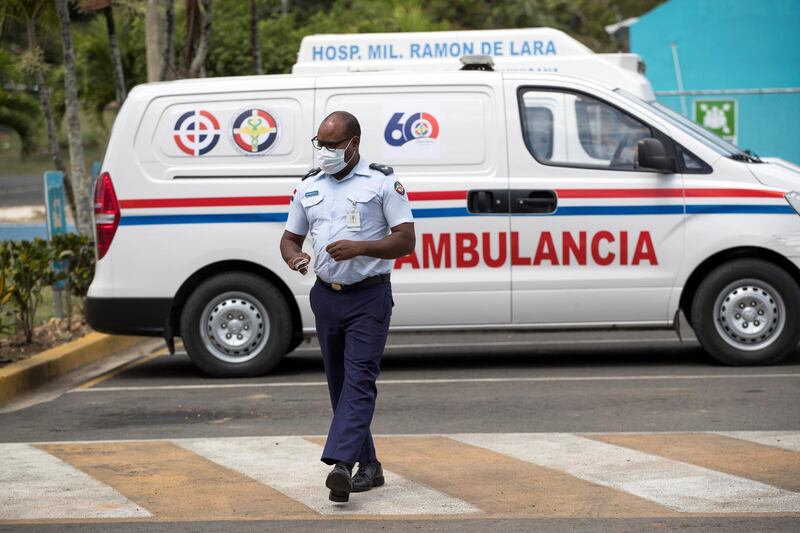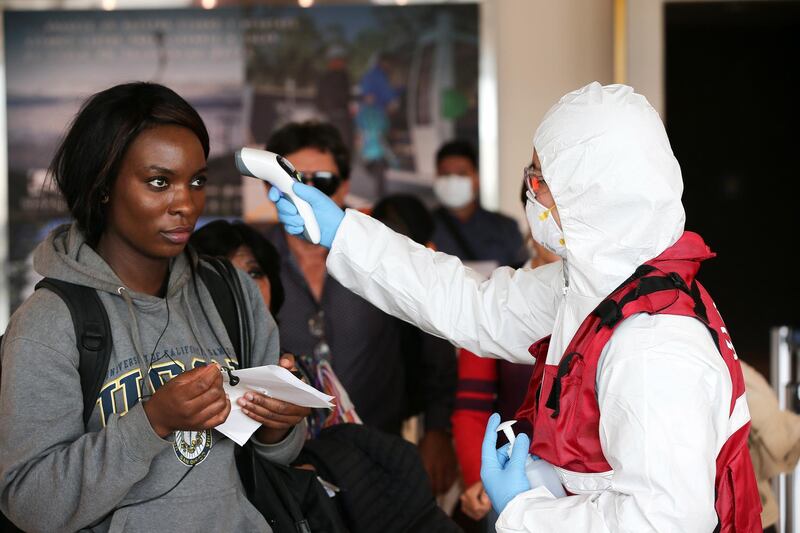US President Donald Trump had a calming message for Americans on February, 26. He said tens of thousands of Americans died from the flu each year and there were only 60 known cases of the coronavirus in the US.
Mr Trump is not alone in drawing such pale comparisons. Many others have repeated it, too.
The flu kills more people than Covid-19, so it must be worse, right?
Wrong.
It is true the flu has killed a far greater number of people this season than Covid-19 so far. There have been 18,000 deaths in the US due to flu alone, compared to a little over 3,000 worldwide from Covid-19, according to the Centre for Disease Control and Prevention in US.
But there is an important difference between the two, which serves to illustrate why countries are taking the threat represented by the new virus so seriously.
“The run of the mill influenza A and B, the things we worry about and we get flu shots for year in and year out, the mortality rate for that is roughly about 0.1 per cent. That’s low but it’s not insignificant,” said Dr. Howard Podolsky, group chief executive for the Cambridge Medical and Rehabilitation Centre.
“It’s not zero. People die from run of the mill flu. Who dies from that? Typically, the elderly, the young, those who have immune systems that are compromised. Those at risk.”
The World Health Organisation (WHO) estimated the mortality rate of Covid-19 to be 2 per cent in February, but upgraded this figure to 3.4 per cent on March 3.
The Spanish flu of 1918, which was the worst pandemic in modern history, had a mortality rate of 2.5 per cent, and that killed around 30 million people and infected a third of the world - in an age before air travel.
“A mortality rate of 2 per cent is a quantum leap higher than influenza A and B,” said Dr. Podolsky.
“If lots of people get this, the difference is enormous. If you go from 0.1 per cent to 2 per cent, it is a very significant jump in the number of potential fatalities, or mortalities.”
Another problem with Covid-19 is that it is actually believed to be more infectious than seasonal flu. An infected person with Covid-19 is believed to spread it to two to three others, compared to around one person with the flu.
Add to that, it is completely new to people, which means no one has developed immunity to it, making others more susceptible to the infection.
That has led many experts to believe it is difficult to contain the virus, even with the world's most strict infection control measures.
But if too many people get it at once, hospitals would be overwhelmed, which is why governments, including the UAE is taking strict measures to contain the virus from spreading.
The country recently closed nurseries for two weeks and private schools in Dubai have been told to cancel any activities that require travel or pupil gatherings in an effort to stay the spread of the coronavirus outbreak.
Coronavirus: What is a pandemic?

The UAE authorities are also building a new medical facility to help treat Covid-19 infections should the virus spread to become a “global emergency”.
Senior health officials said the site would provide all the necessary equipment and medical expertise to treat patients over a 14-day quarantine period.



